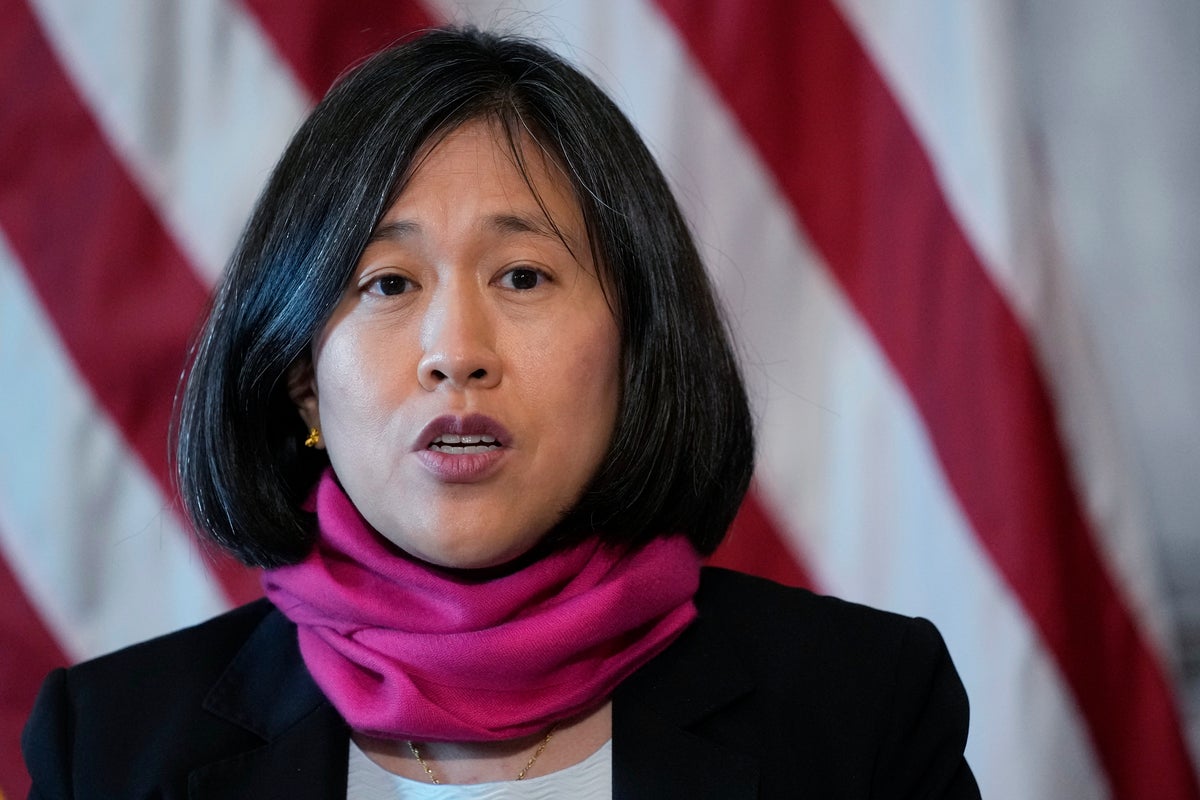
Japan and the United States have reached an agreement on trade in critical minerals for electric vehicle batteries, part of an effort to diversify supply chains and reduce reliance on China for strategically important resources.
The deal due to be signed later Tuesday is expected to help electric vehicles using metals processed in Japan qualify for tax incentives under President Joe Biden’s Inflation Reduction Act.
“This announcement is proof of President Biden's commitment to building resilient and secure supply chains,” U.S. Trade Representative Katherine Tai said in a statement.
The Inflation Reduction Act, enacted in August, requires a portion of the critical minerals used in EV batteries to be mined in or processed domestically or from countries with which the U.S. has free trade agreements. Japan and the U.S. have no such FTA, but the deal will grant Japan the same treatment as an FTA partner regarding such minerals, Japanese officials said.
As a result, the two sides said they agreed to not impose export duties on trade in lithium, cobalt, manganese, nickel and graphite — all strategically important minerals.
The U.S. and Japan have been seeking to build up domestic manufacturing capacity in such resources and expand supply networks.
Tai said the U.S. “would continue to work with our allies and partners to strengthen supply chains for critical minerals, including through the Inflation Reduction Act.”







